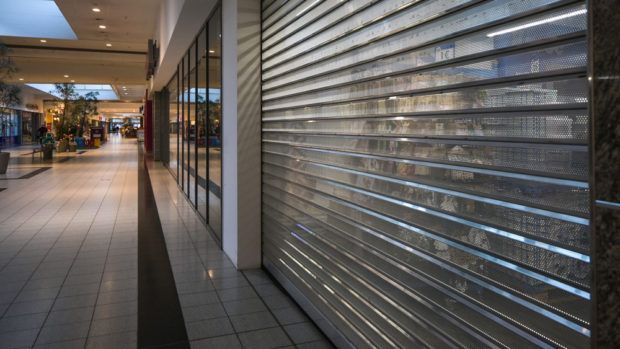The
internet could be on the brink of a ‘capacity crunch’ that would force
us to rethink the way we use it, according to Professor Andrew Ellis of
Aston University’s School of Engineering and Applied Science.
Professor Ellis says:
“Demand
for internet capacity keeps soaring, and we’re now reaching the point
where it’s increasingly difficult to stay ahead of that demand using
current approaches. It’s incredible we’ve managed to stay ahead this
long, but now researchers are finding they just cannot fit much more
data down traditional fibre optic lines.
“Soon,
unless we increase costs by deploying more fibres, we may need radical
changes to the way we either use or distribute data if we are to
overcome this capacity crunch. We should start having the conversation
now – are consumers willing to accept higher charges for increased
bandwidth or can we be more considered about the capacity we consume?
Will we lay additional cables, or will we look to the likes of Netflix
to help us manage demand?”
Professor
Ellis is speaking as part of a whole day of events showcasing the
latest research, and demonstrating the ways in which light science plays
a role in our lives. Dr Maggie Aderin-Pocock from the BBC’s The Sky at
Night programme will showcase five amazing photos taken by the Hubble
Space Telescope. Professor Alessandro Farini from the University of
Florence will also talk about how our brains interpret light and the
indivisible relationship between light and art.
Professor Sergei Turitsyn, co-organiser of Lightfest 2015, and also of the Aston Institute of Photonic Technologies, added:
“Light
science is the foundation for many things around us: from the
smartphones in our pockets, to the tools of our manufacturing industry
and many of the latest medical advancements. Our event is part of the
UNESCO International Year of Light, and an opportunity to show to public
impact and power of light science and technology.
“People
don’t always realise quite how close to our day to day lives these
areas of research are, from internet capacity to art and music, we hope
there’s something for people of all ages.”








Share